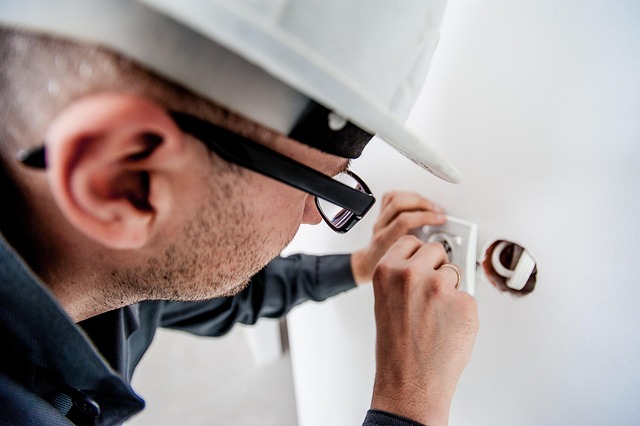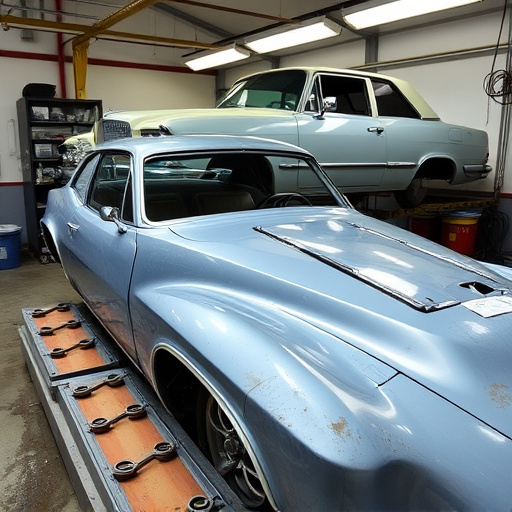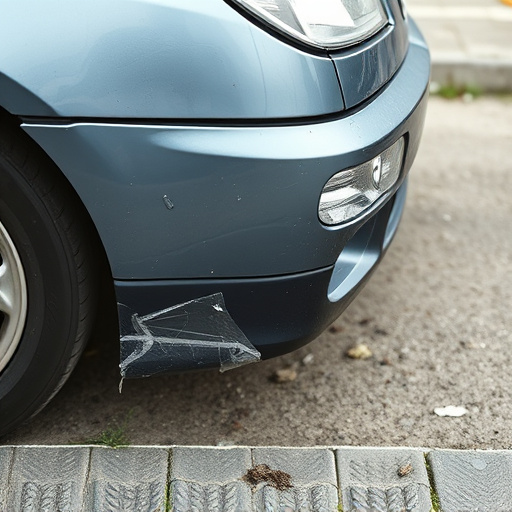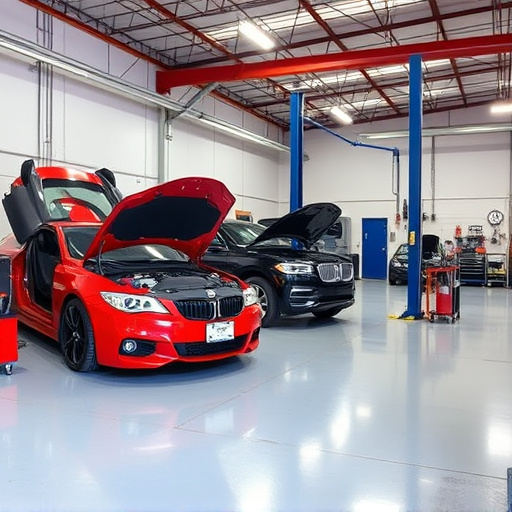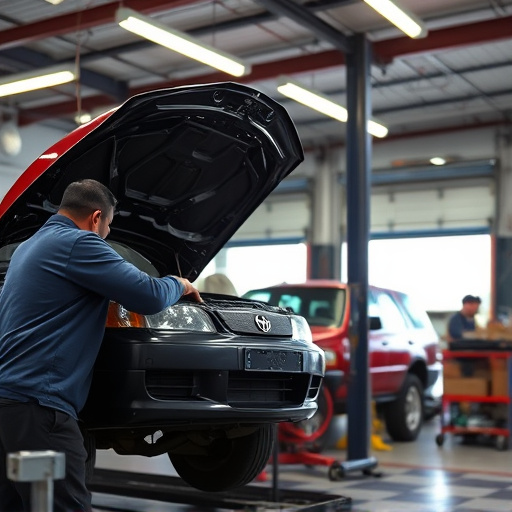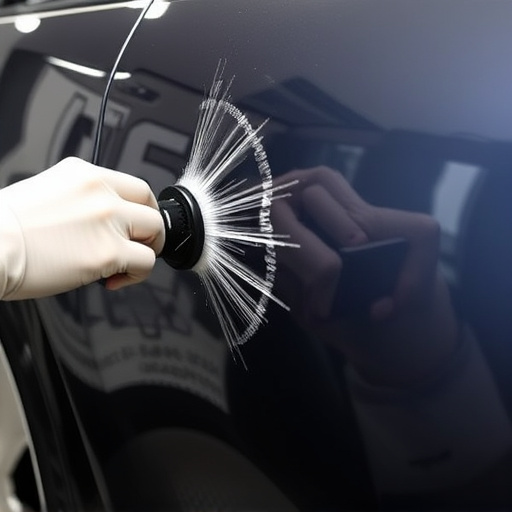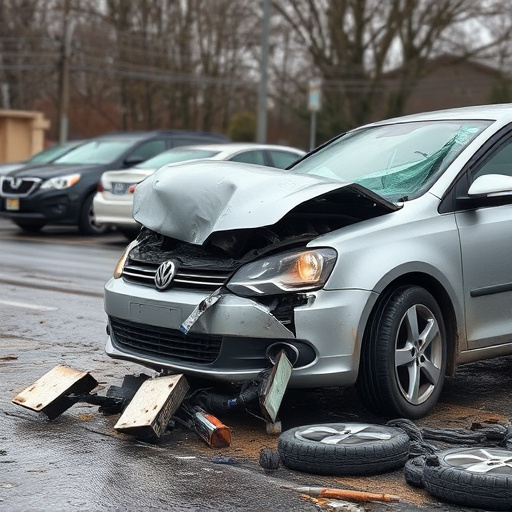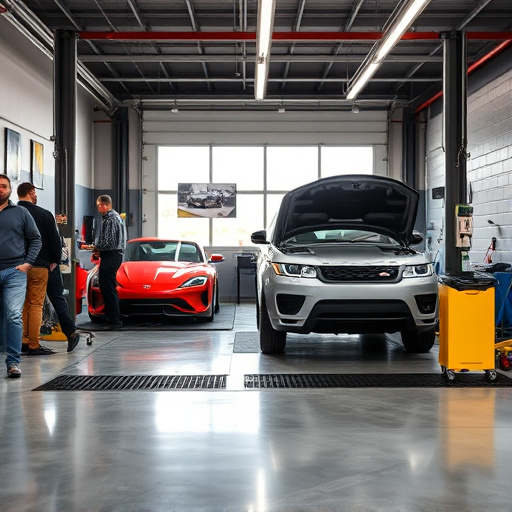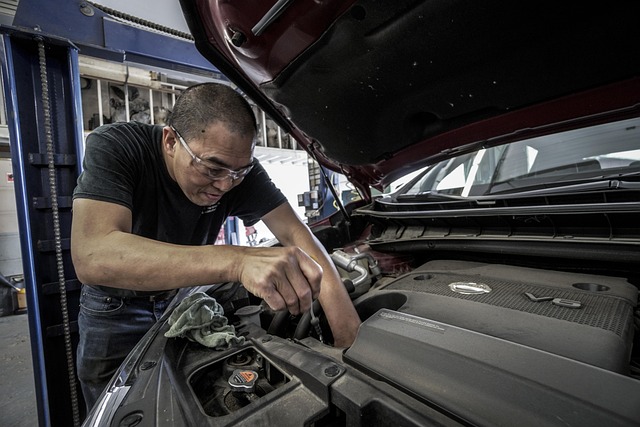Customer repair expectations have transformed consumer interactions with products and services, especially in the automotive industry. Modern customers demand swift, efficient, and high-quality repairs, influencing warranty policies. To meet these expectations, vehicle body repair shops must implement transparent processes, offer specialized services, invest in skilled technicians and modern equipment, ensuring exceptional results and fostering brand loyalty.
Customer repair expectations significantly shape warranty and guarantee policies, impacting brand perception and loyalty. As consumers demand faster, more efficient, and cost-effective repairs, businesses must adapt their strategies. This article delves into understanding these expectations, analyzing their profound effects on warranty practices, and offering strategies to meet—and exceed—these rising bar set by modern customers. By exploring these aspects, companies can enhance customer satisfaction and build a competitive edge in the market.
- Understanding Customer Repair Expectations
- Impacts of Expectations on Warranty Policies
- Strategies to Meet and Exceed Expectations
Understanding Customer Repair Expectations
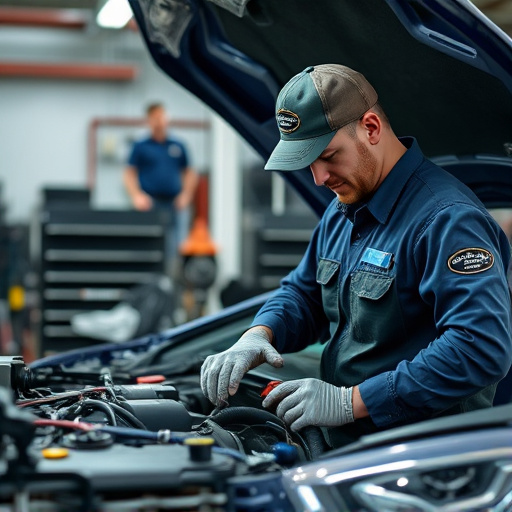
Customer repair expectations are a critical aspect of modern consumerism, shaping how individuals perceive and interact with products and services. In the context of warranties and guarantees, understanding these expectations is paramount. Customers today expect swift, efficient, and high-quality repairs, often influenced by their experiences with similar services in the past. They want their vehicles, be it a car body restoration or tire services, to be returned to them in pristine condition, if not better than new, within reasonable time frames.
This shift in expectation has significant implications for businesses offering warranties and guarantees. Vehicle body repair services, for instance, must now cater to these demands, ensuring that their processes are transparent, efficient, and customer-centric. Meeting or exceeding these expectations can foster brand loyalty, positive word-of-mouth recommendations, and ultimately drive business growth.
Impacts of Expectations on Warranty Policies
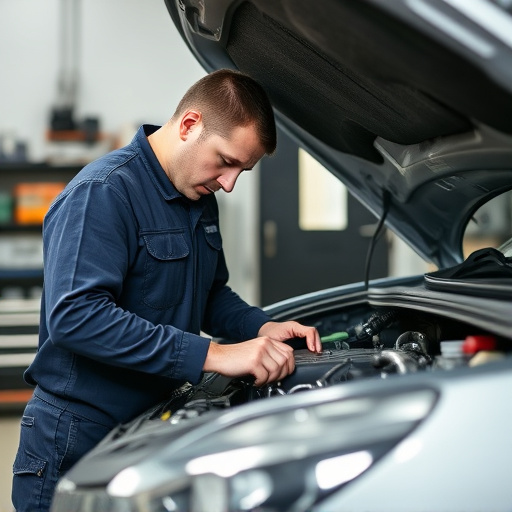
Customer repair expectations significantly shape the landscape of warranty policies across various industries, particularly within the automotive sector. When individuals bring their vehicles to a car repair shop or luxury vehicle repair center, they often form assumptions about the level of service and support they will receive, which can be influenced by past experiences, word-of-mouth, and societal perceptions. These expectations then translate into demands for warranties and guarantees that mirror their perceived value.
For instance, if customers anticipate high-quality repairs with quick turnaround times and minimal follow-up issues, they may expect comprehensive warranties covering not just the initial fix but also subsequent related repairs. Conversely, those who have had less satisfactory experiences might opt for extended warranties or more stringent guarantees to protect themselves from potential future costs. This dynamic interaction between customer repair expectations and warranty policies ensures that car repair shops stay competitive while also setting realistic standards for service quality and customer satisfaction in the luxury vehicle repair market.
Strategies to Meet and Exceed Expectations
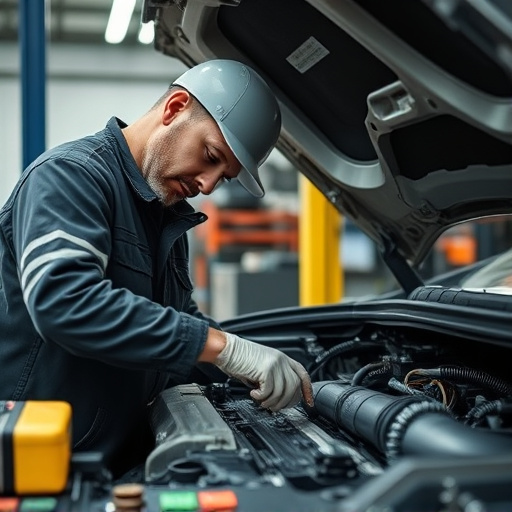
To meet and exceed customer repair expectations, automotive body shops must adopt proactive strategies that focus on several key areas. Firstly, efficient communication is vital; keeping customers informed throughout the process builds trust and ensures they feel valued. This can be achieved by providing regular updates, clearly explaining repairs needed, and setting realistic timelines.
Additionally, offering a range of services beyond basic warranty repairs can set an automotive body shop apart. For instance, providing specialized car paint repair techniques or bumper repair solutions with guaranteed quality can attract and retain customers. By investing in skilled technicians and state-of-the-art equipment, shops can deliver exceptional results, ensuring customer satisfaction and fostering long-term loyalty.
Customer repair expectations play a pivotal role in shaping warranty and guarantee strategies. By understanding these expectations, businesses can tailor their policies to meet and exceed customer demands. This approach not only enhances customer satisfaction but also fosters long-term loyalty. Adapting to evolving expectations is crucial for staying competitive in the market, ensuring that warranties and guarantees remain relevant and valuable to consumers.

